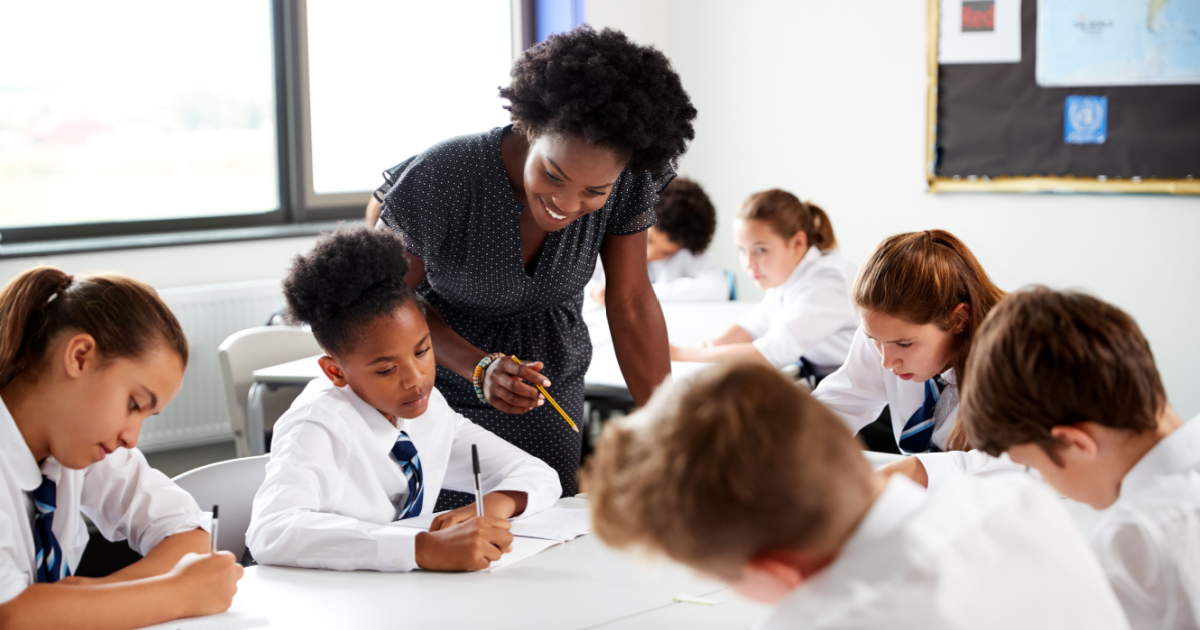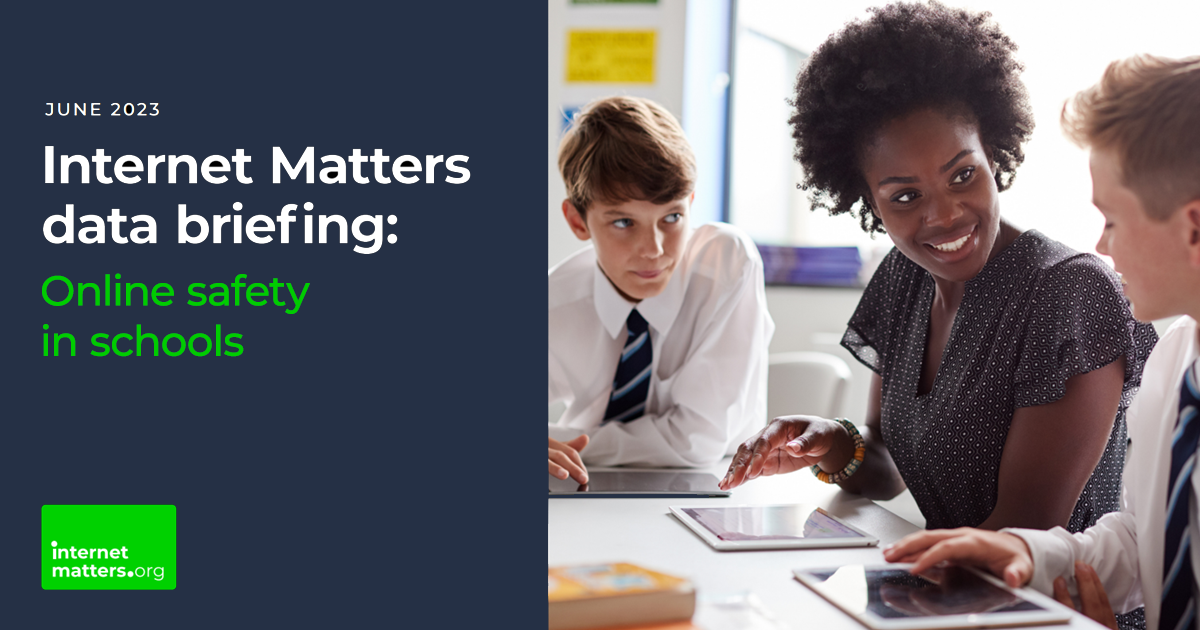Our new data briefing: online safety in schools
There are some positive stories. We were glad to find that teachers and school leaders recognise the fundamental importance of online safety, and understand their role in protecting children in digital spaces. We find that schools take a multitude of approaches to teach children about online safety, including through timetabled lessons, form time and via ad-hoc sessions such as assemblies and themed days.
Schools cover a good variety of topics relating to online safety, including cyberbullying, nude-sharing, mental wellbeing, data security, screen time and harmful content. We also find that the majority of parents feel that they have a good knowledge of the school’s approach to online safety, and most rated the school’s approach as fairly good or very good. Encouragingly, three quarters (75%) of parents had experienced one form of outreach from their child’s school.
However, we also uncovered some less positive insights. We reveal that competing pressures and priorities faced by schools mean that online safety does not always receive sufficient focus, despite school leaders recognising its importance and the value of their role.
In response to our survey, teachers told us that the greatest barriers to effective online safety teaching are keeping pace with technology, understanding the platforms students use, and lacking time and appropriate training to feel confident in delivering online safety teaching. And, despite the central role of parents in protecting their child online (81% of children aged 9-16 would approach their parent for advice on online safety, compared to 70% who would approach a teacher), we find that the quality of outreach between schools and parents sometimes lacking.
Parents predominantly receive outreach from their schools through information on protecting their child online (38%) and information on how the school intends to approach online safety teaching (31%). A further 28% of parents had read the online safety policy on the school’s website. It is concerning that none of the top delivery routes invite discussion and interaction between the school and parent. Just 15% of parents had attended an event about online safety organised by the school, despite this being identified by parents as the most effective form of outreach.
For our part, we are responding to the need to bridge the gap between school and home with new initiatives like Digital Matters, a free platform for teaching about online safety in schools.






